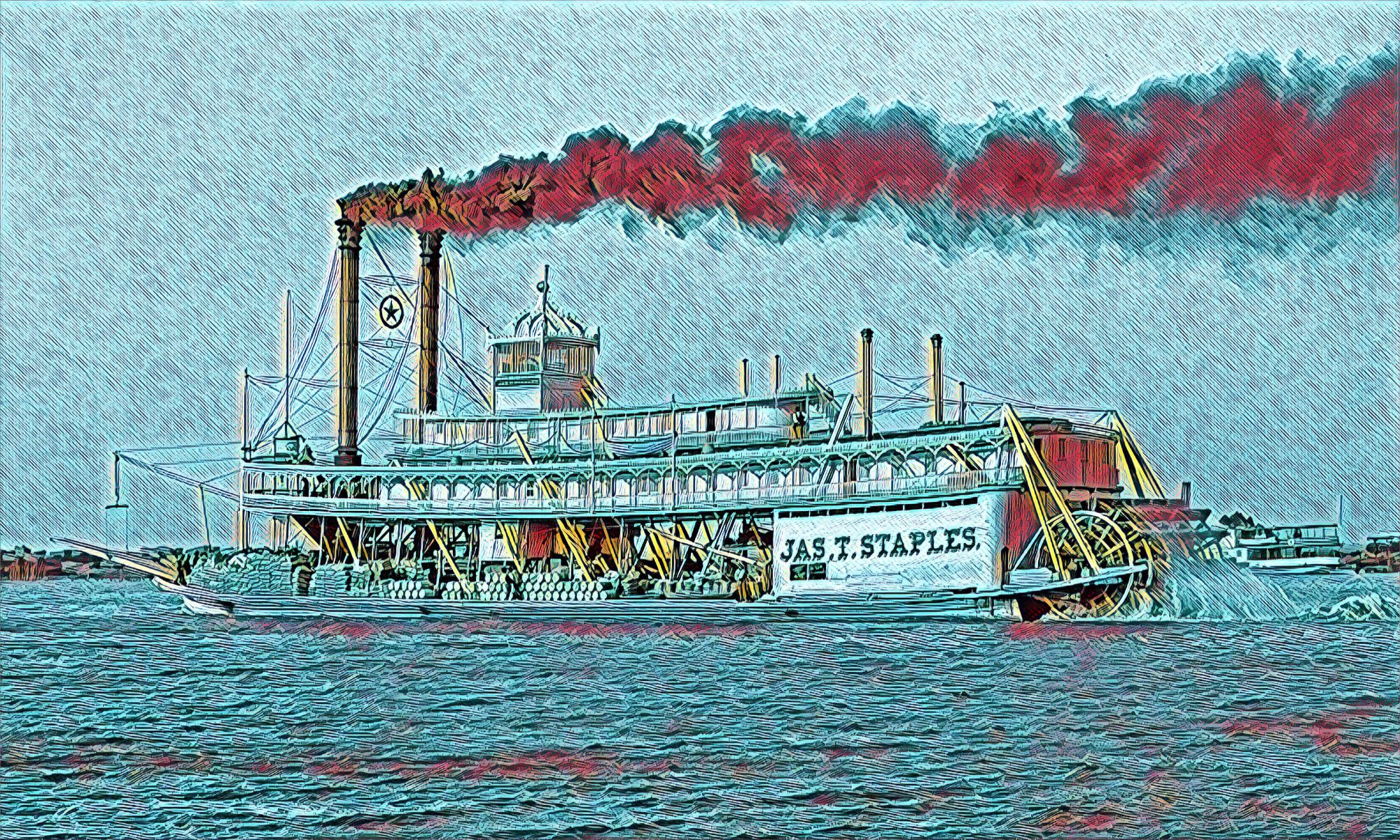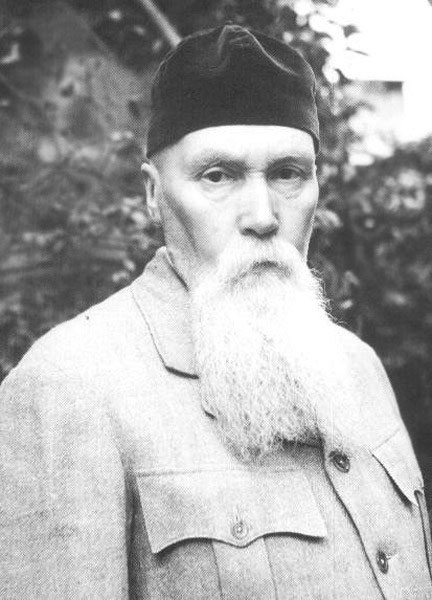Nicholas Roerich (/ˈrɜːrɪx/; October 9, 1874 – December 13, 1947) – known also as Nikolai Konstantinovich Rerikh (Russian: Никола́й Константи́нович Ре́рих) – was a Russian painter, writer, archaeologist, theosophist, perceived by some in Russia as an enlightener,[1] philosopher, and public figure, who in his youth was influenced by a movement in Russian society around the spiritual. He was interested in hypnosis and other spiritual practices and his paintings are said to have hypnotic expression.[2][3]
Born in Saint Petersburg, Russia, to a well-to-do notary public father of Baltic German ancestry and a Russian mother,[4] he lived in various places around the world until his death in Naggar,[5] Himachal Pradesh, India. Trained as an artist and a lawyer, his main interests were literature, philosophy, archaeology, and especially art. Roerich was a dedicated activist for the cause of preserving art and architecture during times of war. He earned several nominations for the Nobel Peace Prize long list.[6] The so-called Roerich Pact was signed into law by the United States and most nations of the Pan-American Union in April 1935.
Quite the productive fellow – I’ve only just touched on some of his early work, and will return to him later with some of his more well-known work.


